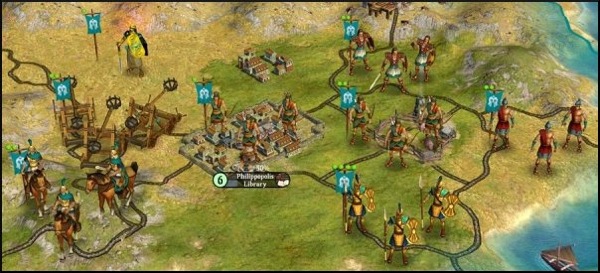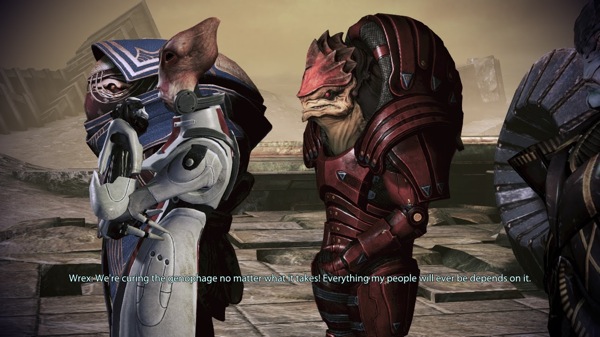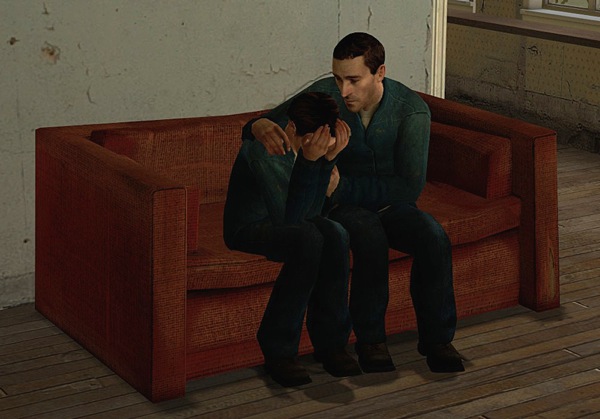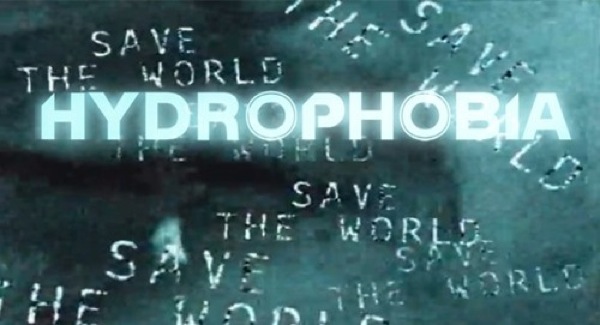The debate about overpopulation is the value of human life: quality of life versus quantity of life. Is having 10 billion miserable people better than having one billion happy people? Population control is a taboo subject in just about every art form and is generally left as the goal of only the worst villains. Still, even when voiced by evil-doers, the concept of population control is just as rare in videogames as in other media, and virtually non-existent as the goal of a protagonist.
The subject usually appears in science-fiction where writers can speculate on the horrors of life in a world generations down the road where population has expanded exponentially. Classic novels like Stand On Zanzibar and Make Room Make Room have explored such near-future settings in detail, but fans of city building games can find themselves inadvertently creating such dystopias in any time period.
Cramming too many virtual people into a city will result in various forms of unhappiness if players don’t provide for the blooming populations of their simulated towns. Game designers have all sorts of ways of dealing with overpopulation in these games, some like the Civilization series allow players to enslave part of their population, or even send them into outer space. Others let players send off surplus people to die in wars, and in real-time strategy games like Starcraft, players can clear room for more powerful units by sending a few weaker units off to die as cannon fodder in suicide missions.
Somehow, these heartless methods of thinning the herd are acceptable in simulation games where the population is just a number, and people are simply dots on the screen. This isn’t the case with games where player find themselves dealing with NPCs face-to-face.
In the Mass Effect trilogy, one of the ongoing subplots is the Krogan “genophage,” a fictional disease engineered to cull the numbers of an alien race called the Krogan. The reptilian Krogan (with their four testicles) are extremely prolific, and were once on their way to conquering the galaxy through a combination of brute force and lots of little Krogan. Yet, after the genophage was introduced, only one in a thousand Krogan pregnancies resulted in a live birth.
Is this an injustice that must be corrected, no matter the price, or is it shrewd planning for the future? The developers at Bioware leave that up to the player. Players have several choices about the genophage over the course of the Mass Effect trilogy, and almost all of these choices involve looking a Krogan in the eye and telling him what your plans are for his species. Players are given the option of preserving data related to a possible cure for the genophage, or helping to destroy it. In the recent conclusion to the series, these choices affect the fate of the galaxy as players visit the Krogan homeworld and must decide whether or not to use their cure, and if the Krogan deserve to know the truth about it.
Half life 2 put Valve’s hero Gordon Freeman up against the evil Combine who were out to conquer humanity. Guns, giant robots and an army of goons were most of the plan, but the Combine also had another weapon in their plan to annihilate humanity: forced sterilization.
Valve needed to demonize their bad guys as far as possible, so they decided that the Combine should have access to a device that prevented humans from reproducing. The Combine claim noble intentions behind this, but players can listen in on numerous conversations with NPC’s who complain about the indignity of not being allowed to breed.
A less successful game that deals with this theme is Hydrophobia. This obscure title also has a utopian floating city that runs into trouble because of a band of terrorists who are trying to commit mass murder on a global scale in order to deal with the rising tide of excess people. Naming themselves after the 18th century philosopher, Thomas Malthus, Hydrophobia’s “Malthusian” terrorists use the motto, “Save the world, kill yourself,” hoping to reduce the world’s total allotment of humans to nearly one tenth of the current crop. This is an extreme interpretation of Malthus’ views (he essentially suggested eating less beef to make more efficient use of fertile land and raising the minimum age of marriage as solutions to the problem). 
Despite the interesting story concept, the game fared poorly due to mediocre gameplay and subpar voice acting. Subsequent revisions of the game yielded better reviews and more sales, but the developer has gone under, and this unusual story has faded into gaming obscurity.
Last year’s science-fiction shooter Brink also dealt with this, to some extent. Brink is set on a floating city named Ark that was designed to house 5,000 people. Yet, trouble comes in the form of 50,000 refugees who flood the city demanding their "fair" share of Ark’s resources.
The story in Resident Evil 5 is convoluted. The evil Umbrella Corporation is up to no good, but in the final boss fight, it is revealed that the whole point behind this zombie adventure was that arch-villain Albert Wesker wanted to decimate the global population, assuming that the genetically superior humans would survive and virtually everyone else would be killed off. Previous games showed Wesker motivated by money, power and just being a jerk; yet, for the big fifth game, he was given the most socially un-acceptable motivation imaginable, population control.
Last summer, the indie scene addressed overpopulation in the game Fate of the World, which also looked at many other social issues that will affect humanity in the next 200 years. It’s a simulation game that puts players in control of a global government that has a variety of options on how to guide global development. One of the options in the game is engineering a virus to get rid of excess people.
Our culture is focused on the notion that all life is precious to such an extent that only the vilest of bad guys are shown promoting the notion that we have “enough” people. With the world’s population veering toward 7 billion starving, destitute humans, population control is no longer the domain of sci-fi metaphor like Soylent Green, but a pressing social issue that deserves more attention from all media, including gaming.